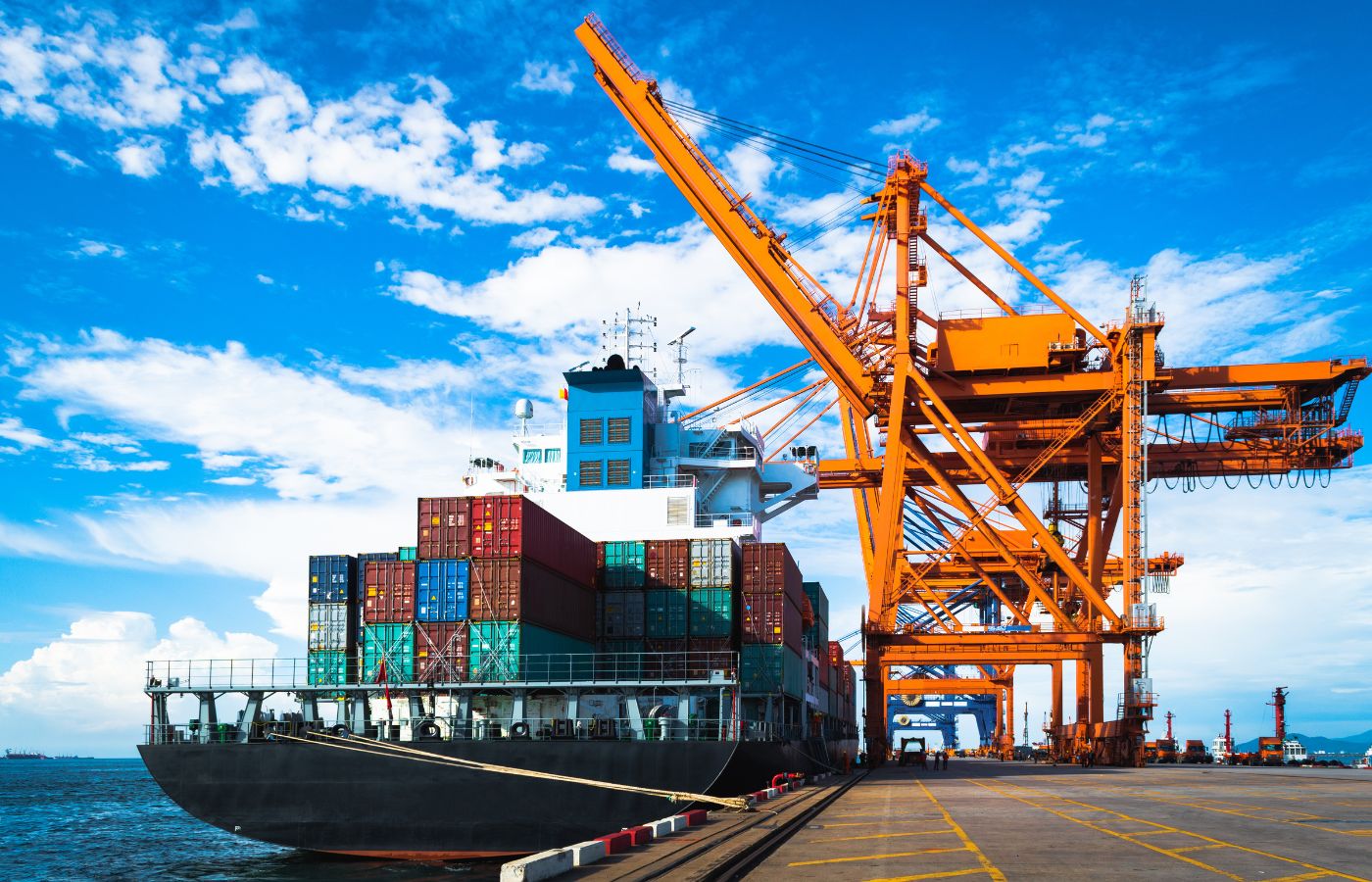Supply chain challenges continue to disrupt global energy markets in 2025, with geopolitical tensions and protectionism driving significant shifts in the sector.
“High investment levels in oil and gas and new energy sectors are adding strain to an already stretched system,” according to Rystad Energy.
Audun Martinsen, Head of Supply Chain Research, highlighted key issues in offshore oil and gas. “Bottlenecks around floating production, storage and offloading vessels (FPSOs), subsea kits, drilling rigs, and other vessels will continue to inflate and delay capital projects,” he said.
In North America, Rystad said efforts to optimize capital and improve efficiency are creating overcapacity in oilfield services, which is pressuring company earnings.
Rystad Energy reports rising oil project costs amid inflation and supply chain disruptions | OilNOW
New energy sectors, including battery and solar PV manufacturing, face overcapacity. While this drives prices down, Rystad predicts rising protectionism and tariffs are increasing costs for importers.
“These factors are pushing more manufacturers toward home-shoring or offshoring operations,” Rystad said.
Martinsen also noted broader industry effects. “Increased divestments, mergers, and acquisitions will be the result across the energy supply chain, as suppliers position themselves for the new world order,” he stated.



